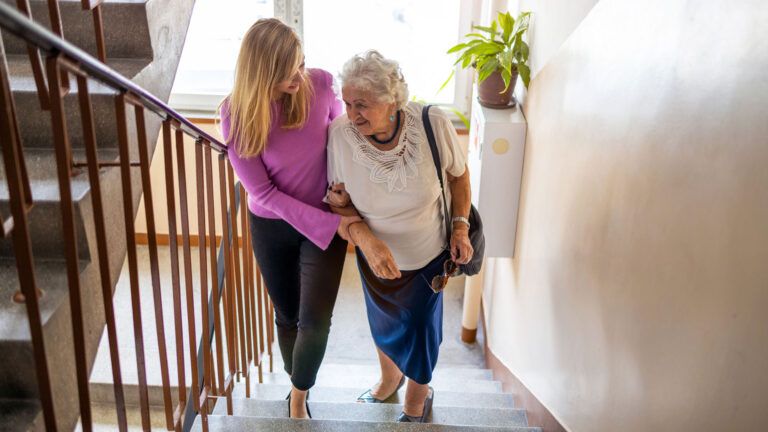Jeannie Hughes wasn’t at all prepared to deal with her husband’s terminal cancer diagnosis. They had never discussed financial or other practical matters concerning his care or what would happen after he passed away. The stress of not knowing how she would handle the future robbed Jeannie of the ability to enjoy the present with her husband.
Though discussing the final years can be uncomfortable and highly emotional, having concrete plans can make a loved one’s end of life more positive and meaningful for the entire family in the long run. These tips from Home Instead can help you get started:
Face your finances. The Hugheses eventually got help at the cancer center’s financial resource office. But putting finances in order earlier can quell common fears, such as being a burden to family. Talk with a financial planner about the type of care you would like. Prepaying for funeral services can keep the focus on celebrating a life. Another benefit? Locking in today’s prices.
Develop relationships with key people and organizations. It’s best to reach out to professionals before your need for them is urgent. Establishing a working relationship with a lawyer, a financial planner, an insurance agent, a home care company like Home Instead and a funeral home will provide peace of mind that all the bases have been covered.
Use photos and heirlooms as conversation prompts. Looking through family heirlooms can encourage loved ones to talk about their legacy. “Oh, your grandmother left you that brooch. It’s so nice that you are passing it on to your own granddaughter. What are some other things you’d like at the end of your life?” Make the conversation a two-way street: Tell your loved one your wishes for your own funeral.
Make a bucket list. It’s easy to get caught up in the practical aspects of planning. Don’t forget about the fun! Include a few bucket list goals in the final plan to ensure your loved one experiences the things that matter most. Whether it’s riding in a hot-air balloon or seeing the Northern Lights, don’t put off those dreams.
Consider personality and preferences. For many, aging at home is the ultimate goal. A social person who ends up living alone in a large house, however, might become isolated and unhappy. A Home Instead advisor can help you explore the multiple options for home care support. Call 866-996-1085 for a free consultation.
For more information about caregiving or becoming a caregiver, visit homeinstead.com.
For more inspiring stories, subscribe to Guideposts magazine.






